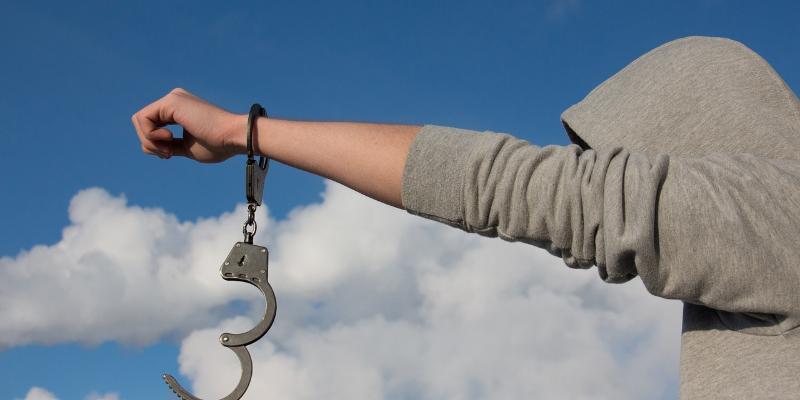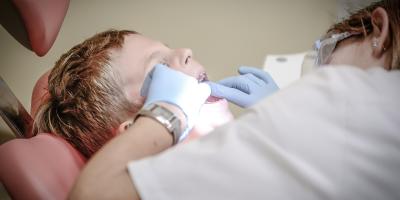Threats, verbal abuse, blows, attacks using dangerous items – health professionals often have to deal with such behaviour. This kind of 'discontent’ is expressed by patients and sometimes by their relatives.
“We have recorded cases of aggression against physicians, nurses, and hospital security staff. No medical facility is free from aggression," said Physician Rights Ombudsman Krzysztof Kordel, who runs the “Monitoring Aggression in Health Care" portal established by the Polish Chamber of Physicians and Dentists and the Polish Chamber of Nurses and Midwives. The website www.agresja.hipokrates.org can be used to notify cases of aggression at work.
According to Kordel, verbal aggression is the most common, but physical aggression is also quite widespread. Many cases require interventions from the police or municipal police. He knows cases in which his colleagues had to go on a sick leave. Both bodily harm and mental trauma occurred.
Fists, threats, verbal abuse
Ambulance dispatchers often encounter aggression – mainly verbal. “It’s typical that people tend to be more aggressive on the phone than in direct contact. It’s much easier to take out on somebody who is out of your sight," said a nurse working at the emergency service.
Health professionals see the main reasons for the growing aggression against them in the instrumental treatment of patients and the difficulties in access to medical care, among other things.
“There are too few physicians, and soon there will be a similar problem with nurses. This results in queues – and long waiting times don’t make people well-disposed," said Kordel.
According to the dispatchers, “The truth is, patients are often quite plainly ignored. A person looks for help in one place, is sent to another, and finds no help there too. This might lead to frustration, which is released when talking to an ambulance dispatcher."
“I remember when ER personnel was attacked by a father whose sick child had been refused admission five times before," said a paramedic.
How to react
When a health professional is physically in danger, you have to call for help. “Using force against a patient or any third parties is out of the question. If we encounter such a situation we notify the dispatcher who calls the police. Sometimes police officers ride in the ambulance to the hospital, and sometimes patients must be handcuffed," related a paramedic.
Health professionals might resort to legal measures. The portal on aggression advises to consult a lawyer before making a formal complaint. The website also features ready templates for indictment in cases of insult and defamation.
As nurses and midwives have been granted the status of public servants, insulting or physically injuring them is subject to more serious punishment and is prosecuted ex officio. Public servants also include physicians, paramedics and other medical personnel participating in first aid.
Insulting them during or in connection with their professional duties is punishable by fine, restriction of personal liberty or imprisonment up to one year. Physical injury is punishable by fine, restriction of personal liberty or imprisonment up to three years.









Comments (0)